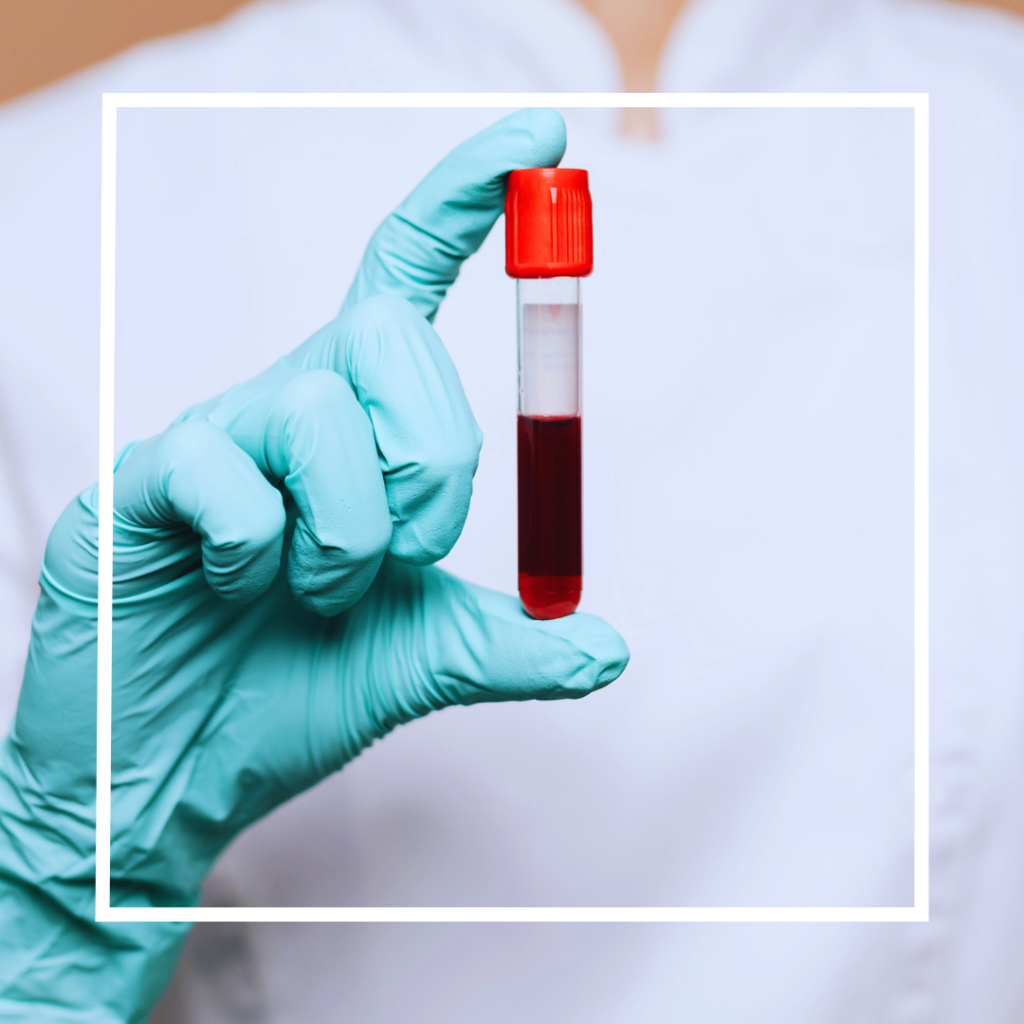Beyond Weight Loss: The Additional Benefits of GLP-1 Medications
Beyond Weight Loss: The Additional Benefits of GLP-1 Medications
GLP-1 (Glucagon-Like Peptide-1) medications, such as Semaglutide (Ozempic, Wegovy) and Tirzepatide (Mounjaro), a dual agonist GLP-1/GIP combo, have gained widespread attention for their impressive weight-loss results. However, these medications do much more than help shed pounds. By targeting multiple pathways in the body, these peptides offer a variety of health benefits that can significantly improve your overall well-being.
Let’s take a closer look at some of the surprising advantages of GLP-1 medications beyond weight loss.
1. Improved Blood Sugar Control
Originally developed to treat type 2 diabetes, GLP-1 medications excel at regulating blood sugar levels:
- Enhanced insulin secretion: GLP-1 stimulates the pancreas to release insulin in response to elevated blood sugar levels.
- Reduced glucose production: These medications suppress glucagon, a hormone that raises blood sugar.
- Stabilized levels: By slowing gastric emptying, GLP-1 reduces blood sugar spikes after meals.
Even for non-diabetic individuals, this improved glycemic control contributes to better energy levels, improved insulin resistance, and overall metabolic health.
2. Cardiovascular Health Benefits
GLP-1 medications have been shown to reduce the risk of cardiovascular disease, especially for individuals with diabetes or obesity. These medications can:
- Lower blood pressure
- Improve cholesterol levels by reducing LDL levels
- Decrease inflammation and oxidative stress, which are major contributors to heart disease
Research suggests that GLP-1 drugs may reduce the risk of major adverse cardiovascular events like heart attacks and strokes.
3. Neuroprotective Effects
Emerging research indicates that GLP-1 medications may benefit brain health too. Some potential advantages include:
- Reduced risk of neurodegenerative diseases: Studies suggest GLP-1s may slow the progression of Alzheimer’s and Parkinson’s diseases.
- Improved cognitive function: By reducing inflammation and oxidative stress, GLP-1 may help protect neurons and enhance brain function.
- Alzheimer’s or Type 3 Diabetes: When you have better glucose control you decrease your risk for developing Alzheimers.
4. Mental Health
GLP-1 receptors are found in brain regions that regulate your mood, such as the amygdala, hypothalamus, and prefrontal cortex. GLP-1 activation can affect the release of neurotransmitters like dopamine, serotonin, and glutamate, which are important for mood regulation. This can improve depression, reduce anxiety, and contribute to a positive effect on your mood.
5. Enhanced Digestive Health
GLP-1 slows the rate at which food leaves the stomach, leading to:
- Reduced acid reflux and indigestion
- Better nutrient absorption
- Improved gut-brain communication, which supports appetite regulation and satiety
- Decrease gut inflammation
6. Liver Health
GLP-1 medications have been linked to improvements in liver function, particularly in those with nonalcoholic fatty liver disease (NAFLD):
- Reduced liver fat accumulation
- Improved liver enzyme levels
- Lowered risk of liver inflammation and scarring
7. Inflammation Reduction
Chronic inflammation contributes to a wide range of health issues, including diabetes, heart disease, and autoimmune conditions. GLP-1 medications have anti-inflammatory properties, which can benefit the body on multiple levels. If you reduce the overall inflammation in the body you can improve many different health markers and how you FEEL!
8. Weight-Independent Metabolic Benefits
One of the lesser-known advantages of GLP-1 medications is their ability to improve metabolic health, even in individuals who don’t experience significant weight loss. These medications directly influence several metabolic processes, offering benefits beyond shedding pounds:
- Reduced Fat Accumulation: By promoting the breakdown of fat and preventing new fat formation, GLP-1s support healthier body composition—even without major changes in weight.
- Lower Triglycerides and Cholesterol Levels: These medications can decrease triglyceride levels and improve lipid profiles, leading to better cardiovascular health.
- Improved Energy Expenditure: GLP-1s influence metabolism at the cellular level, helping the body use energy more efficiently.
9. Appetite and Emotional Eating Regulation
GLP-1s don’t just reduce physical hunger; they also impact brain pathways related to cravings and emotional eating. Patients often report feeling more in control of their food choices, which contributes to long-term health improvements. GLP-1s help with satiety and those cravings that can set us all back.
The Bottom Line
While weight loss often takes center stage, the additional benefits of GLP-1 medications extend far beyond the scale. From improving blood sugar control and heart health to reducing inflammation and protecting brain function, GLP-1s offer a multifaceted approach to health optimization.
At Mission Med+, we’re committed to helping you discover the best solutions for your unique health needs. Whether you’re exploring GLP-1 medications for weight loss, metabolic health, or other goals, we’re here to guide you every step of the way.
Ready to learn more? Contact us today to see if GLP-1 therapy is right for you!










